
What Certifications Are Needed for Lithium-Ion Battery Exports?
With the executive order signed by U.S. President Trump in January 2017 to review 49CFR, HM-215N rules, the international logistics and transportation of lithium batteries in 2017 became a hot topic in the industry. The path for non-compliant small packages is becoming increasingly difficult, and compliant, stable logistics channels are the way forward. So, what certifications are required for compliant lithium battery exports?
Lithium Battery Air Transport Identification Certificate (un38.3 certification)
un38.3 testing is a mandatory test to ensure lithium batteries can be safely transported by air and sea. It is applicable almost globally, covering safety and performance testing. Any shipment containing lithium batteries for air transport, whether small button batteries, batteries installed in devices, or batteries packaged with devices, must undergo UN38.3 testing and obtain an air transport identification report to pass air inspection. Additionally, as an electrochemical product, lithium-ion batteries are also considered hazardous chemicals and require MSDS testing certification.
IEC62133 Certification
IEC62133 is the most important international standard for lithium-ion batteries and a key basis for IECEE-cb certification. Countries like Japan, South Korea, Thailand, and India have adopted IEC62133 to formulate their national standards, which are essential for market access in these countries. The latest version of IEC62133 was released on February 7, 2017. Managed by IEC/SC21A, specifically by WG4, the first edition was published in 2002, and the second edition in 2012.
European Union CE certification
Applicable to the EU region, this certification covers safety and performance testing. CE certification involves self-declaration, meaning manufacturers can label their products with the CE conformity mark if they can conduct the tests themselves. However, many manufacturers in China choose to use third-party testing to avoid the risk of product recalls and significant fines in the EU market.
Japan pse certification
Applicable to Japan, focusing on safety and performance testing. Products in the "specific electrical and material categories" must obtain third-party certification permitted by Japan's Ministry of Economy, Trade, and Industry and bear the PSE diamond mark. Products in the "non-specific electrical and material categories" can opt for self-declaration or third-party certification, bearing the PSE circular mark. Due to cost considerations, most lithium battery manufacturers choose the circular mark, unless specified otherwise by foreign customers.
South Korea kc certification
Applicable to South Korea, with testing standards KC62133. It is crucial to check if the battery cell has undergone KC or CB certification. If the cell is certified, the battery certification costs around $4,300. If the cell is not certified, the entire product needs certification, costing about $6,000.
Mexico nom certification
The official Mexican standard NOM-212-SCFI-2017 involves primary batteries and battery packs, setting maximum permissible mercury and cadmium content limits, test methods, and labeling requirements. Batteries or cells used as components in electronic and electrical products and not sold separately do not need NOM certification. This standard came into effect on September 28, 2019.
India BIS Certification
Lithium battery imports require BIS testing certification. The current standard IS16046:2015/IEC62133:2012 expired on July 11, 2019, and has been updated to IS16046(Part1):2018/IEC6213301:2017, IS16046(Part2):2018/IEC6213301:2017. Users must complete the standard update registration before this deadline.
08 Israel SII Certification
For lithium batteries and products containing them, imports to Israel require SII certification from the Standards Institution of Israel. All electronic and electrical products entering Israel must obtain SII certification. Israel, being a member of the IECEE-CB scheme, recognizes and accepts cb test reports issued by other IECEE-CB member countries.
US and Canada UL certification
The US UL developed several lithium battery-related certification standards covering both the US and Canada:
- UL1642: Safety standard for rechargeable lithium-ion cells, including tests such as room temperature short circuit, 55-degree short circuit, overcharge, crush, impact, mechanical shock, vibration, thermal chamber, temperature shock, altitude simulation, and projectile tests.
- UL2054: For lithium-ion battery packs or battery assemblies, covering portable devices.
- UL2272: Personal mobility devices, including hoverboards.
- UL2849: Electric bicycles (eBikes), electric motorcycles (eMotorbikes), electric scooters (eScooters).
- UL3030: Unmanned aerial vehicles (UAVs) or drones.
Taiwan Region
In June 2018, the Taiwan Bureau of Standards issued a notice that new inspection regulations for lithium batteries would take effect from January 1, 2019, revising relevant inspection requirements:
- 3C secondary lithium battery power banks;
- 3C secondary lithium single batteries/packs (excluding button-type batteries);
- Secondary lithium batteries/packs for electric motorcycles;
- Secondary lithium batteries/packs for electric bicycles;
- Secondary lithium batteries/packs for electric-assisted bicycles;
- 3C battery chargers (limited to AC-DC converters);
- Non-vehicle-mounted electric motorcycle chargers;
- AC-DC power adapters.
China
Starting from August 1, 2023, designated certification bodies began accepting new product CCC certification applications. From August 1, 2024, products without CCC certification and the certification mark will not be allowed to be manufactured, sold, imported, or used in other business activities. The standard used is GB31241-2022 "Safety Technical Specifications for Lithium-Ion Batteries and Battery Packs for Portable Electronic Products."
Email:hello@jjrlab.com
Write your message here and send it to us
 ASTM D4169 Drop Test
ASTM D4169 Drop Test
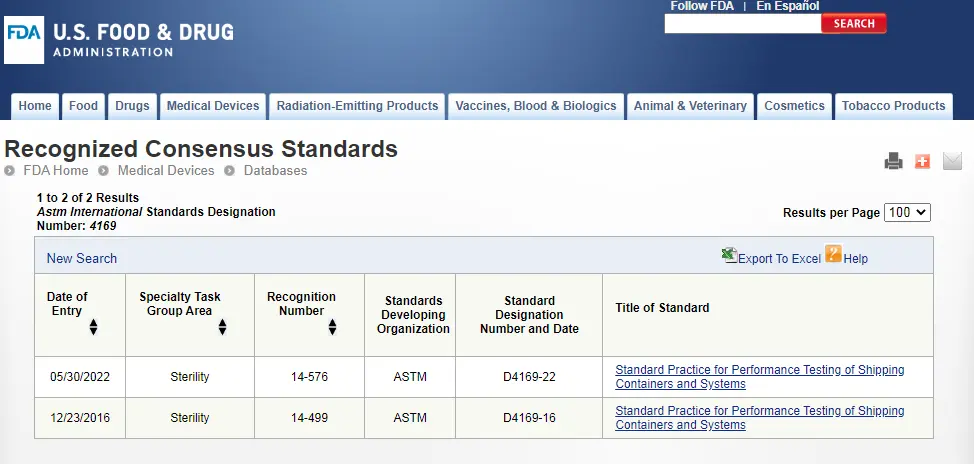 ASTM D4169 Packaging Simulation Transportation Tes
ASTM D4169 Packaging Simulation Transportation Tes
 What is ASTM D4169 Testing?
What is ASTM D4169 Testing?
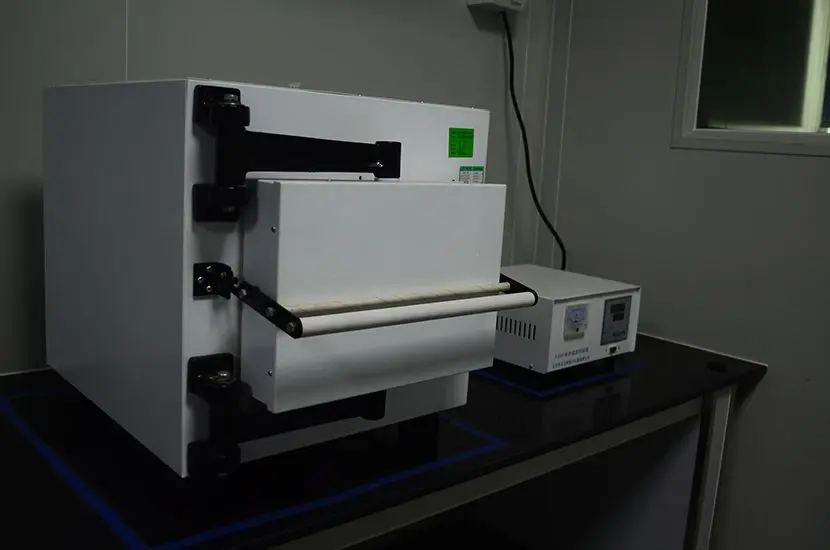 ASTM D4169-23 Test Standard Revision
ASTM D4169-23 Test Standard Revision
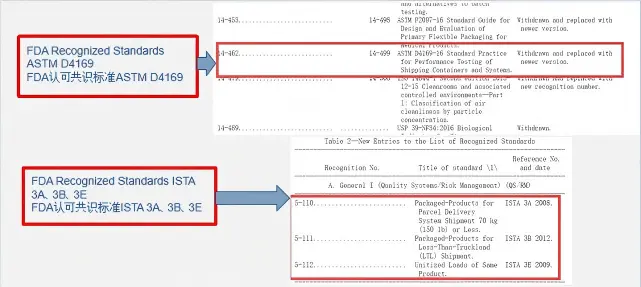 Transport Simulation Testing for Medical Device Pa
Transport Simulation Testing for Medical Device Pa
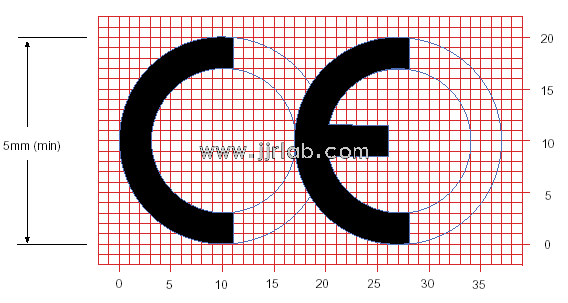 EU CE Certification Guidelines for Lighting Fixtur
EU CE Certification Guidelines for Lighting Fixtur
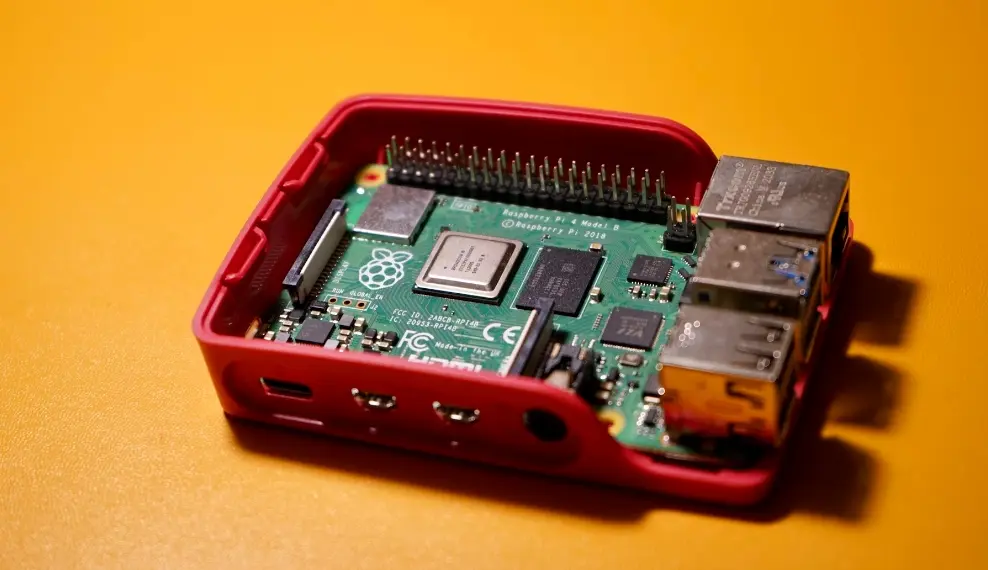 Lithium Battery Export: CB Certification & IEC
Lithium Battery Export: CB Certification & IEC
 How to Apply for One FCC Certificate for Multiple
How to Apply for One FCC Certificate for Multiple
Leave us a message
24-hour online customer service at any time to respond, so that you worry!




